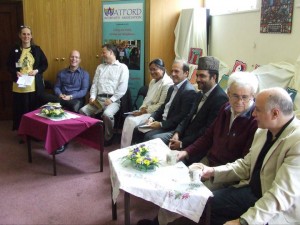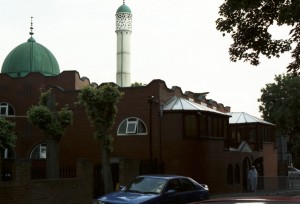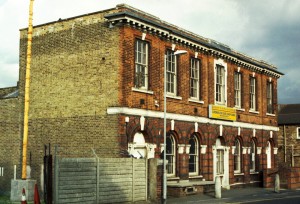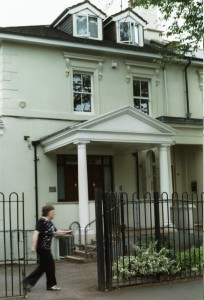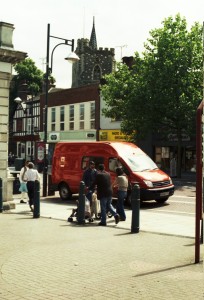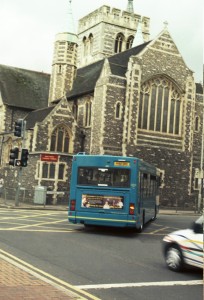What is your motivation for interfaith work? we were asked at the beginning of a conference for Quakers involved in Interfaith both nationally and in their own localities.
Mine is rooted in Advices and Queries:
‘5. Take time to learn about other people’s experiences of the Light.‘ and ‘6. Do you work gladly with other religious groups in the pursuit of common goals? While remaining faithful to Quaker insights, try to enter imaginatively into the life and witness of other communities of faith, creating together the bonds of friendship.‘ and ultimately ‘1. Take heed, dear Friends, to the promptings of love and truth in your hearts. Trust them as the leadings of God whose Light shows us our darkness and brings us to new life.‘
And then we were asked – how will we judge which groups we can work with, what is acceptable and what must we challenge?
To me the answer is: ‘But the fruit of the Spirit is love, joy, peace, patience, kindness, goodness, faithfulness, gentleness, self-control; against such there is no law.‘ Galatians 5:22-23
My mother is a Universalist and has been since her teens, believing firmly that all faiths have some insight into the Truth. I grew up with this idea and so, essentially, have always been a universalist (though only later a Quaker Universalist). This was in a context of being in a predominately Christian setting in terms of teaching at School and Sunday School, but always having some contact with children from Jewish families, and, as I grew up, an increasingly diverse community.
In recent years I have had an increasing number of opportunities for Interfaith contact. I have also become involved, particularly through Watford Interfaith Association, in helping to create those opportunities for others. Particularly valuable have been ‘Sacred Space’ at Watford Celebration, and the Interfaith Pilgrimage.
‘Sacred Space’ is a safe ‘corner’ within a large community event, where people can share aspects of their faith and discuss topics where views are quite divergent. There has been good participation from major faith groups and smaller ones.
The Interfaith Pilgrimage in Watford has run for several years during National Interfaith Week, visiting the synagogue, central mosque, a couple of churches and the gurdwara, which are all within walking distance of each other.
Welcoming visitors to one’s place of worship is akin to welcoming people into one’s home. Over the years both hosts and visitors have become more comfortable and relaxed about it.
Sharing food at the beginning and end of the pilgrimage helps to make people feel welcome. Walking together through the town centre also makes a statement.
Learning about other people’s faiths, and being gently challenged to explain my own to those who know little or nothing about it, has served to strengthen as well as broaden my own beliefs.

